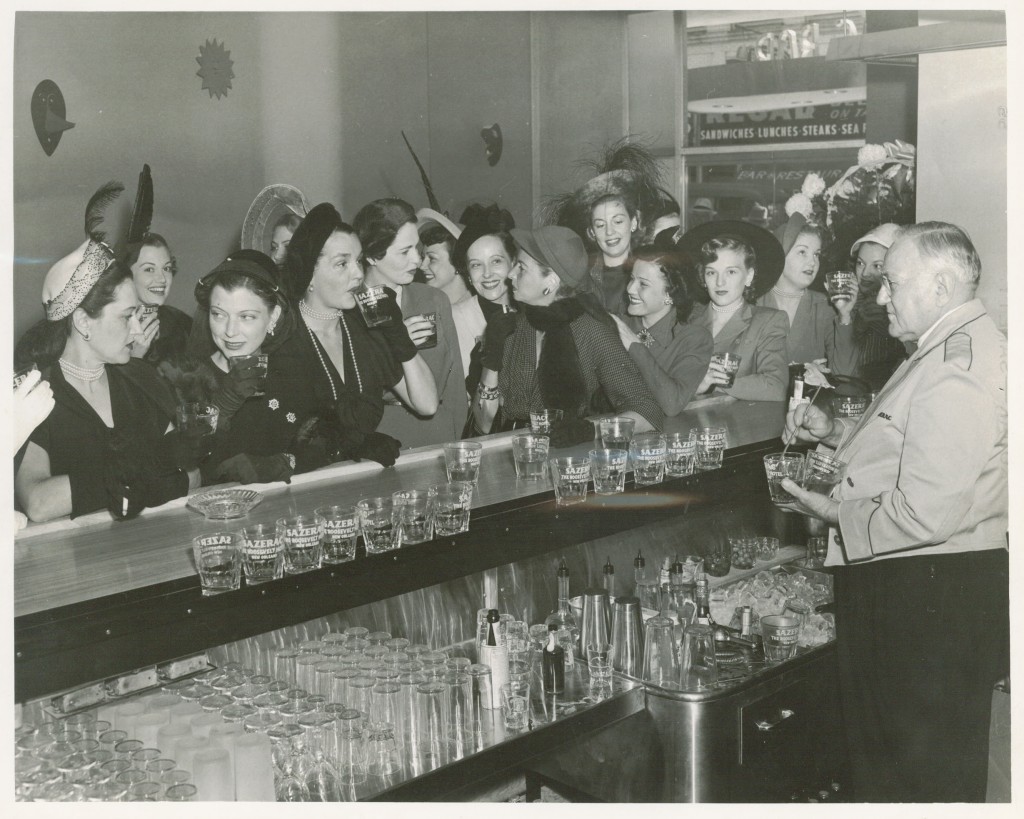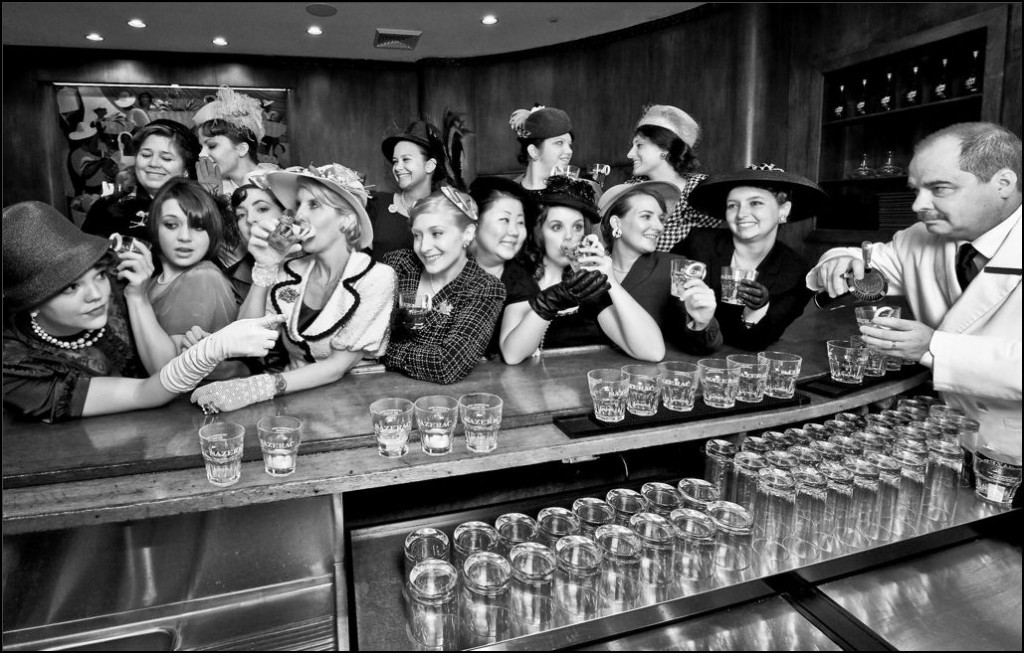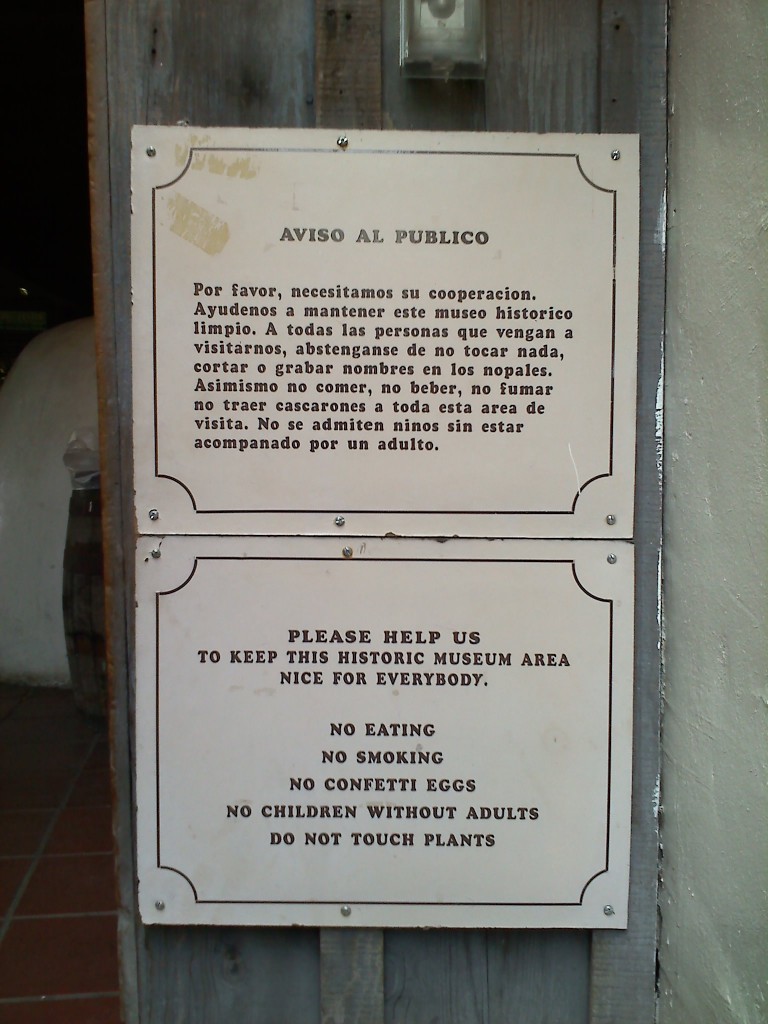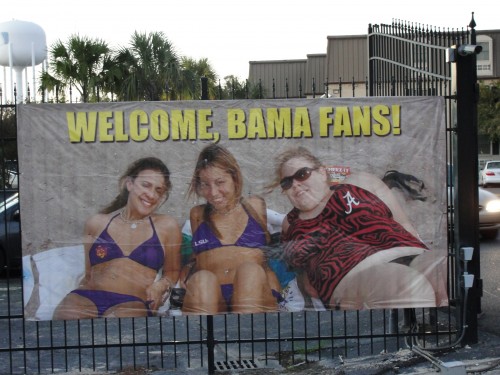Made in America‘s Claude S. Fischer posted this figure depicting the percent of the voting-age U.S. population who voted in presidential elections, 1824-2008:

The figure shows radical shifts in the percent of the voting-age population that turned up at the polls, putting the recent Obama bump in perspective. Fischer narrates two of the trends:
Americans streamed to the polls at rapidly growing rates during the antebellum years (the upwardly slanted oval) probably because: competitive two-party politics emerged; barriers to voting such as property requirements were lowered; states added more polling places so rural voters did not have to travel as far; a growing spoils system provided more government goodies for the victors; and the parties made elections entertaining – parades, fiery speech-making, and well-lubricated election days… By the 1880s and ‘90s, voting rates hit about 80 percent.
The downward oval is accounted for, in part, by women. Women were granted suffrage in 1920 but, as Fischer says it, “…it took a while for women to get into the habit of voting.” The drop started before this, however, so there’s more to it. Fischer continues:
One factor was declining party competition; the Republican and Democratic parties retreated to different regions of the country. In addition, two general sorts of innovations helped discourage voting: changes in rules and changes in incentives…
Native-born, upper-middle-class, largely Protestant Progressives were able, after much struggle, to reform election rules in many places… The new rules narrowed suffrage by, for example, requiring voters to be citizens, to register long before elections, and to pass literacy tests to vote. Other rules eliminated straight party-line voting… and even party identification on ballots, making it more difficult for less-educated voters to know whom to vote for. These moves raised the barriers to voting and helped drive down participation in the North. (In the South, of course, new Jim Crow laws essentially prevented any blacks from voting.)
Progressive reforms also eliminated some of the incentives people had to vote… The arrival of the secret ballot in the late 19th century eliminated the easy opportunity to sell one’s vote…
The institution of civil service employment reduced other financial incentives to vote …many Americans voted in order to get jobs for themselves, their relatives, or their friends. The fewer the positions filled by political appointment, the less the incentive to vote…
…government reforms also made it harder for the parties to raise money… [and t]hat, in turn, reduced the hoopla – the parades, bands, and such – and the free goodies that parties could dispense on election day. By the time women got the vote, a lot of the fun had gone out of voting. Turnout rates fell to about 50 percent.
Read Fischer’s full postfor his thoughts on why Americans do and don’t turnout to vote today.
Lisa Wade, PhD is an Associate Professor at Tulane University. She is the author of American Hookup, a book about college sexual culture; a textbook about gender; and a forthcoming introductory text: Terrible Magnificent Sociology. You can follow her on Twitter and Instagram.
 Last month the Roosevelt had an event commemorating 60 years since the “stormin’ of the Sazerac.” My friend and photographer Brian Huff captured the re-creation:
Last month the Roosevelt had an event commemorating 60 years since the “stormin’ of the Sazerac.” My friend and photographer Brian Huff captured the re-creation:










